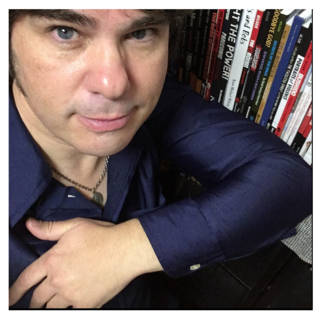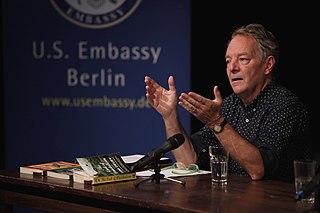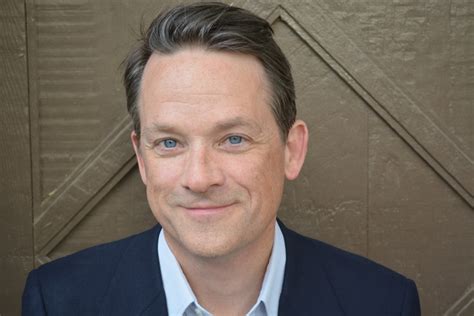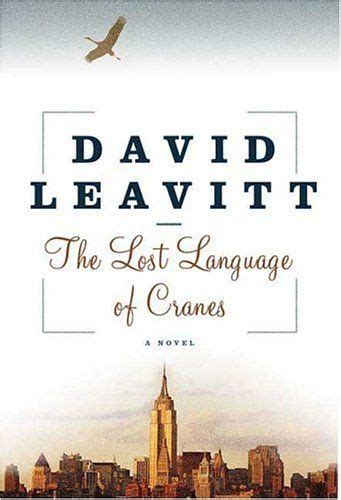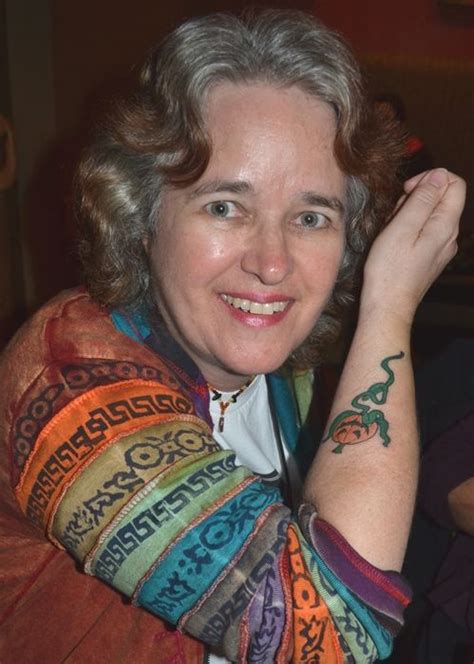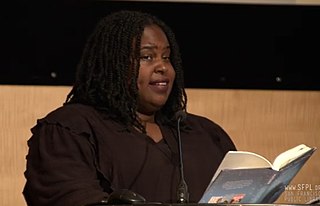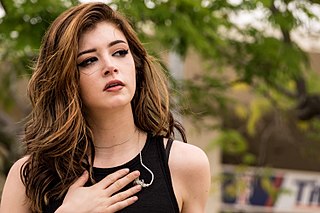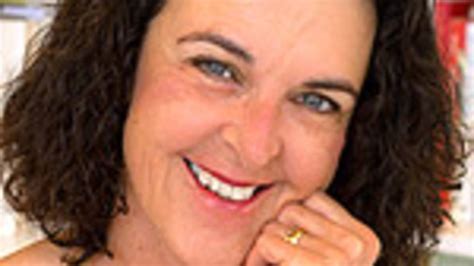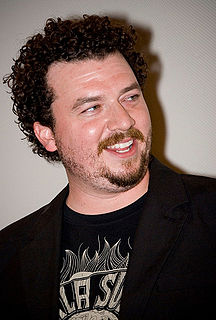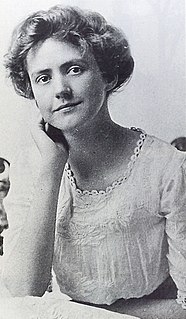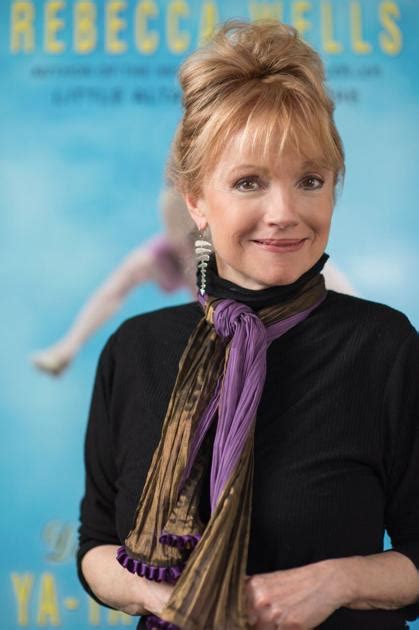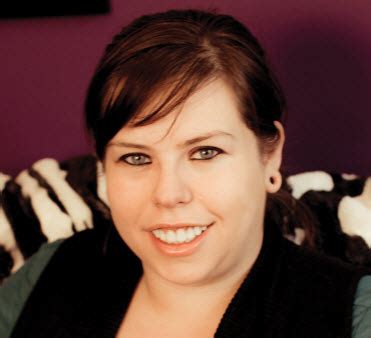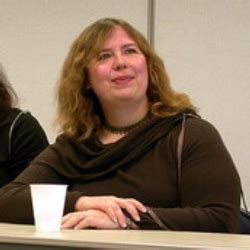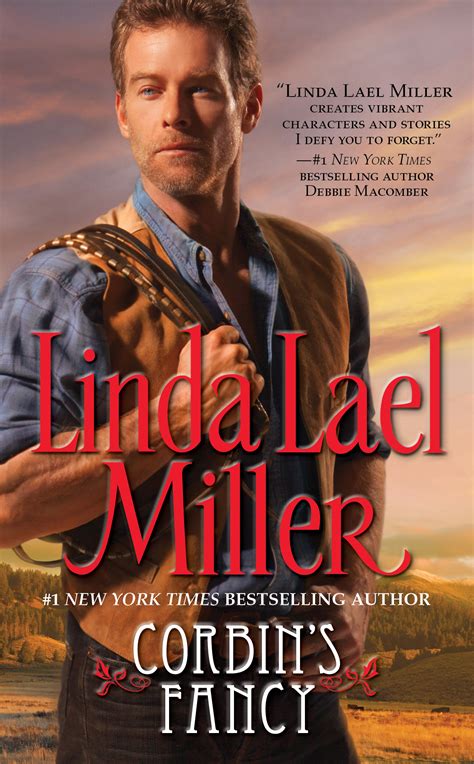Top 1200 Writing Stories Quotes & Sayings - Page 3
Explore popular Writing Stories quotes.
Last updated on December 22, 2024.
The accidents of my life have given me the ability to make stories in which different parts of the world are brought together, sometimes harmoniously, sometimes in conflict, and sometimes both - usually both. The difficulty in these stories is that if you write about everywhere you can end up writing about nowhere.
The thing is that I don't normally think in terms of manga when I'm writing. Sounds odd from someone who has is getting a reputation for doing manga related work. But I would say that my scripts are NOT manga at the stage of my writing process, they are just comic book stories in a more general sense.
It has been suggested that Tiptree is female, a theory that I find absurd, for there is to me something ineluctably masculine about Tiptree’s writing. I don’t think the novels of Jane Austen could have been written by a man nor the stories of Ernest Hemingway by a woman, and in the same way I believe the author of the James Tiptree stories is male.
Writing objects to the lie that life is small. Writing is a cell of energy. Writing defines itself. Writing draws its viewer in for longer than an instant. Writing exhibits boldness. Writing restores power to exalt, unnerve, shock, and transform us. Writing does not imitate life, it anticipates life.
I fall in love with certain stories. Those stories tend to be connected to my life some way - for instance, with my first book I was writing about the experience of coaching Little League in the Chicago inner city. But the common thread tends to be exploring some kind of mystery. Simple questions that spiral deeper.
I don't necessarily think stories have functions any more than diamonds have functions, or the sky has a function... Stories exist. They keep us sane, I think. We tell each other stories, we believe stories. I love watching the slow rise of the urban legend. They're the stories that we use to explain ourselves to ourselves.
I can't imagine what it would be like to write in a relaxed state. I'm going to be writing some stories for my own interest. I want to experiment with different things and see if I can approach writing with much less control and in a better psychological state. It will be like breaking out of a straitjacket.
Once I became an adult and started to pursue writing as a professional career, I realized my main characters were always young people. My stories naturally center around children and teenagers. I think it's because I have worked with youth for about twelve years. The pains and joys of adolescents are moments I witness on a daily basis, so their stories are always with me as I write.
I view my stories as sexual or personal. Curiously, I don't. When I was writing those stories I thought of them as comedy pieces in the vein of performance monologue, such as you might get with Richard Pryor, or Lenny Bruce, or George Carlin. So I don't feel vulnerable because I know the line of demarcation between "Writer Kevin" and "Narrative Kevin."
My stories were translated and had many reviews before I had an interview with any international or Arab newspaper. If the stories hadn't succeeded, you wouldn't have asked me my position on Arab festivals and I wouldn't have been interested in the festivals anyway, because I would be in seclusion, writing.
Whatever job I had, I was always writing like crazy. All I ever liked about offices was being able to type up stories on the computer when no one was looking. I was never paying much attention in meetings because I was usually scribbling bits of my latest stories in the margins of the pad or thinking up names for my characters. This is a problem when you're supposed to be taking minutes of the meeting.
Each of us is comprised of stories, stories not only about ourselves but stories about ancestors we never knew and people we've never met. We have stories we love to tell and stories we have never told anyone. The extent to which others know us is determined by the stories we choose to share. We extend a deep trust to someone when we say, "I'm going to tell you something I've never told anyone." Sharing stories creates trust because through stories we come to a recognition of how much we have in common.
When I was writing 'The Windup Girl' and 'Ship Breaker,' I was writing those simultaneously, so I was an unpublished writer, not really having that full sense that these books would go out in the world, that they would be successful, that there would be an audience and that there would be fans of those stories.
Nobody knows what will work until they try it. Some of comics' biggest success stories in recent years have explored subjects that no one was writing about at the time - stories no one had any reason to think would succeed. My advice? Write what you want to read. You'll have more fun doing it - and if all else fails, you'll always have at least one loyal reader.
I went to film school so I have a writing and directing background, and I think a lot of the material I'm interested in writing and getting out there is stories about anti-heroes and people you should just not ordinarily root for - trying to figure out a way of appealing to people they wouldn't normally appeal to.
I do like crime thriller stories. That's because these stories have a lot of layers. There are always three sides to such stories... there is a truth, there is a lie and then there is the ultimate truth. Different human emotions and intense interpersonal relationships form the core of stories in this genre.
Very early on, I was writing stories, and I was amazed at Spielberg's movies when I was young. Coming from the countryside, I was so impressed with the way he was able to tell stories and the way he was able to deal with le merveilleux - the wonders. Very quickly, he became for me a massive hero, and he introduced me to the world of a director.
So I found myself telling my own stories. It was strange: as I did it I realised how much we get shaped by our stories. It's like the stories of our lives make us the people we are. If someone had no stories, they wouldn't be human, wouldn't exist. And if my stories had been different I wouldn't be the person I am.
Most of the complexity of the stories has developed as the stories came along (and may be a product of the principle that "nothing is what it seems"). I did start with some essential ambiguousness in the aliens' motivation and the questions this raises in human minds, which I consider to have been disregarded in Contact (novel and film). That, in part, may be what has delayed the writing of the fifth and sixth novelettes in the series.
One night a friend lent me a book of short stories by Franz Kafka. I went back to the pension where I was staying and began to read The Metamorphosis. The first line almost knocked me off the bed. I was so surprised. The first line reads, “As Gregor Samsa awoke that morning from uneasy dreams, he found himself transformed in his bed into a gigantic insect. . . .” When I read the line I thought to myself that I didn’t know anyone was allowed to write things like that. If I had known, I would have started writing a long time ago. So I immediately started writing short stories.
I started by writing short stories, but they weren't very good; I tried them on various magazines, and none of them was published. People were nicer then about turning you down, and so I didn't lose heart - I kept on writing and wrote a lot of books, one or two of which I finished, and others I didn't.
It is a bit more challenging for the simple fact that now the stories I am writing are relying more on my imagination than on facts, more on research than on memory; so it is basically a slower writing process, more reading, more exploring. On the other hand, this approach is a little bit relieving too, since many times while writing [How the Soldieer Repairs the Gramophone] I felt too close and equal to my character.
I chose philosophy because it sounded like something I ought to be interested in. I didn't know anything about it, I didn't even know what it was talking about. What I really spent my time doing in those years was writing short stories. There were all sorts of interesting courses, but what I really wanted to do was make stories one way or another.




